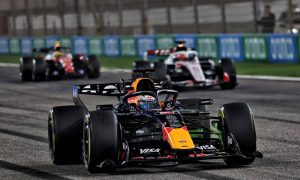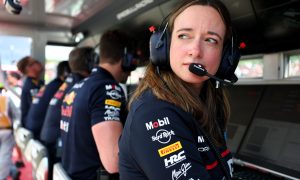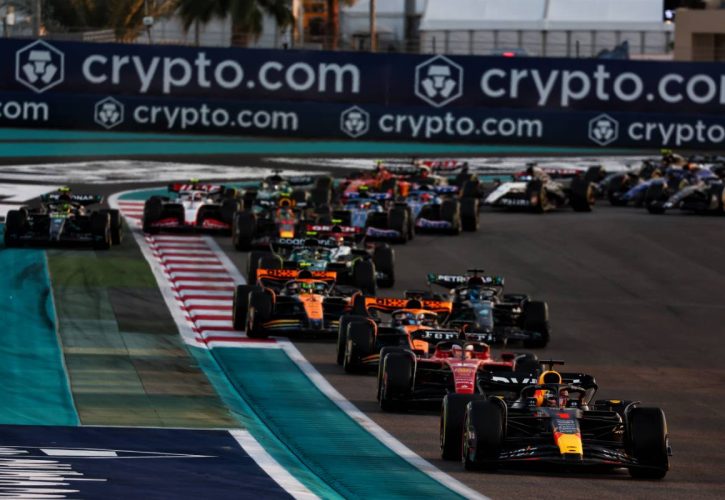
Formula 1 has scrapped its plans to hold a special rookie sprint race in Abu Dhabi this December, deciding instead to revisit the idea for the 2025 season.
The event, which would have seen young drivers compete in current F1 machinery after the season-ending Grand Prix, had garnered enthusiasm but faced logistical challenges that ultimately led to the event being abandoned for this year.
The proposal was discussed during an F1 Commission meeting held on Wednesday at the headquarters of the RB F1 team in Faenza, and was chaired by FIA Single-Seater Director Nikolas Tombazis and Formula 1 President and CEO Stefano Domenicali.
The meeting also included representatives from the teams and the FIA, who reviewed various aspects of the concept.
In a statement released following the meeting, the Commission confirmed:
“The concept of a ‘rookie race’ to be added to the 2024 post-season test schedule at Abu Dhabi was discussed.
“While the concept received widespread support, it was determined that due to timing and organisational constraints, the event would not take place in 2024, and discussions will continue to formulate a potential concept and plan for 2025.”
The idea of a rookie sprint race was initially seen as a way to give young drivers more track time in competitive conditions.
Teams and stakeholders had expressed enthusiasm about the potential benefits of such an event, especially for developing talent, but the complexities of organizing an additional race during the already packed post-season test schedule ultimately led to its deferral.
The F1 Commission’s meeting wasn’t just focused on the rookie race. Significant discussions also took place regarding the 2026 season, when the sport will see the introduction of F1’s next-generation power units and a new technical regulation platform.
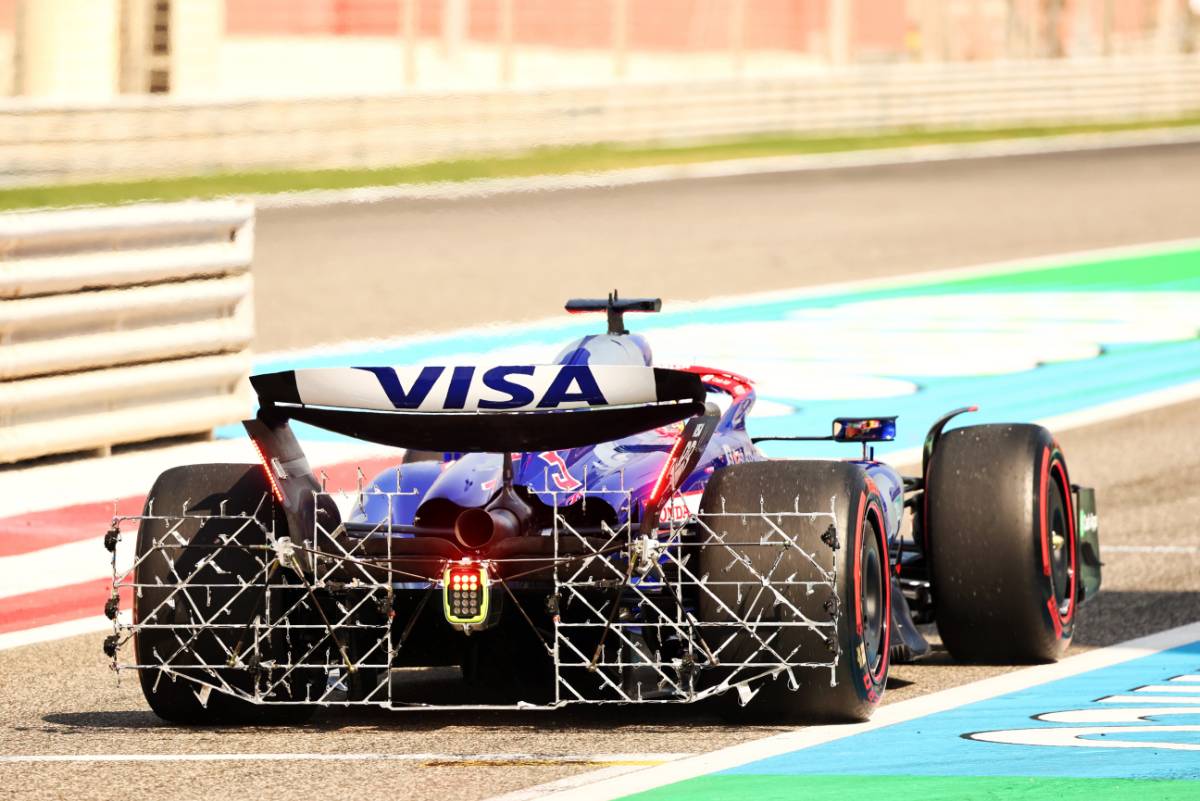
Recognizing the complexities these regulations will bring, it was agreed that the pre-season testing schedule for 2026 will include three separate three-day tests, giving teams more time to adapt to the new technical landscape.
In addition to testing, changes to the 2026 Technical Regulations were also on the table, specifically in the areas of performance, aerodynamics and safety.
The changes involve “an increase of the expected aerodynamic performance of the cars following extensive collaboration between the teams and the FIA over the last few months."
This signals an ongoing effort to fine-tune the next generation of cars to improve both safety and performance.
Finally, F1’s financial regulations were also discussed during the meeting, with the 2026 Financial Regulations expected to be "an evolution of the current regulatory framework."
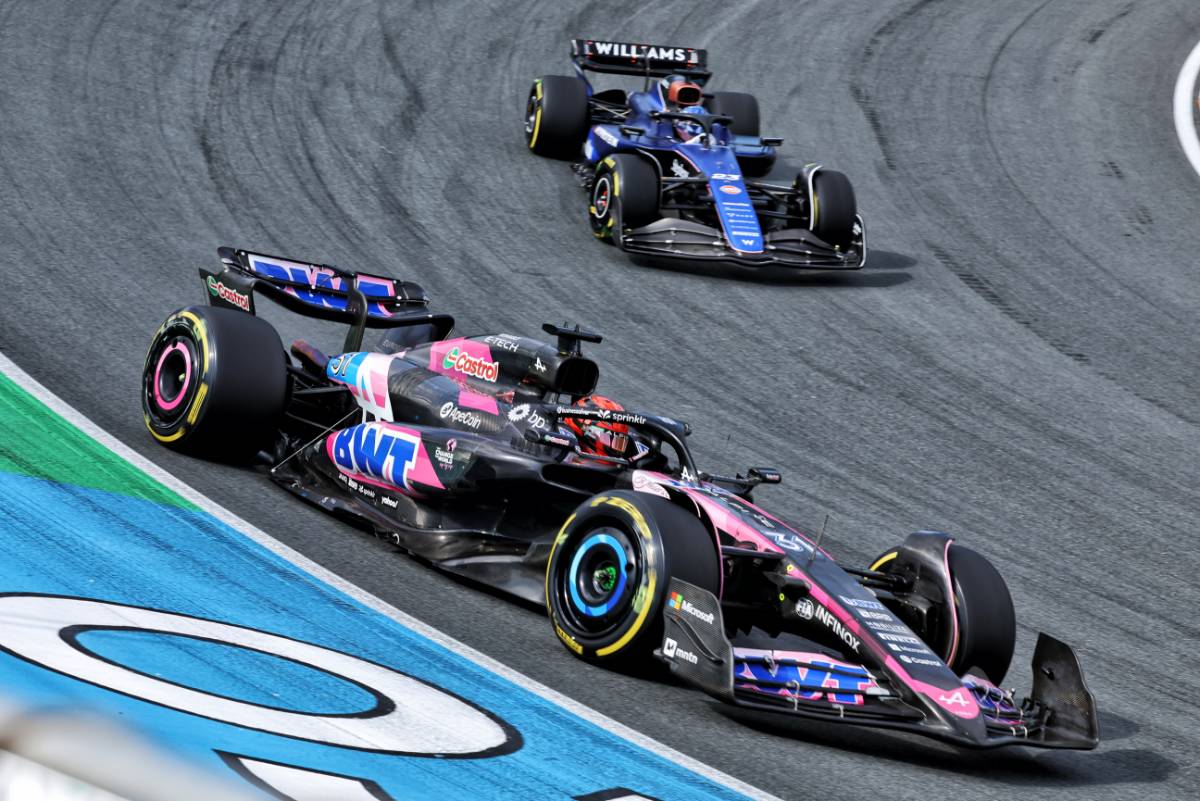
The Commission’s statement stressed that the objectives for the new rules are to maintain a "competitive balance between sporting fairness and financial sustainability."
All proposed regulatory changes, including those for the 2026 season, will be reviewed and finalized at the upcoming World Motor Sport Council meeting on October 17.
This meeting will provide the final sign-off on the adjustments to the Technical and Financial Regulations, solidifying the framework that will shape Formula 1 in the coming years.
Keep up to date with all the F1 news via Facebook and Twitter





